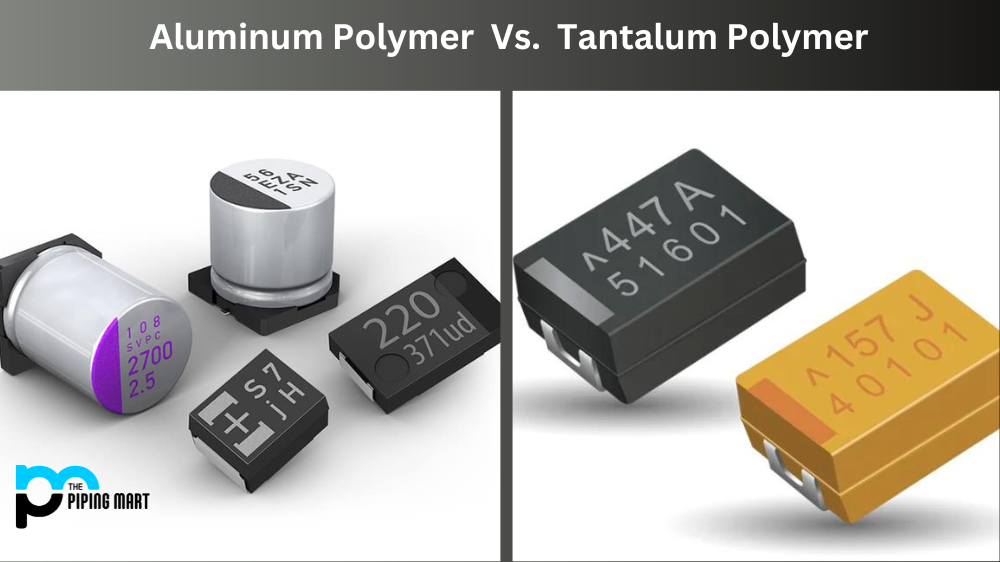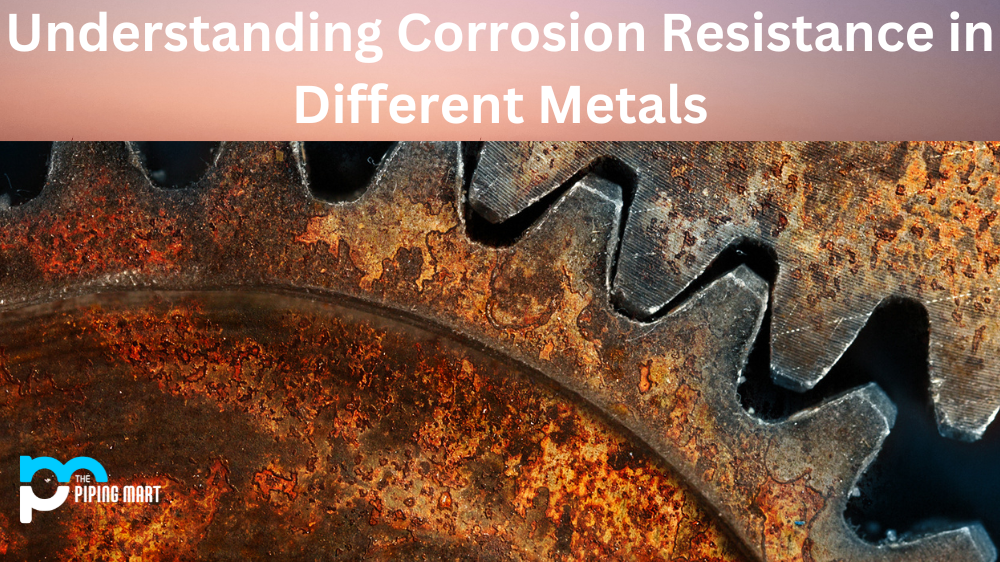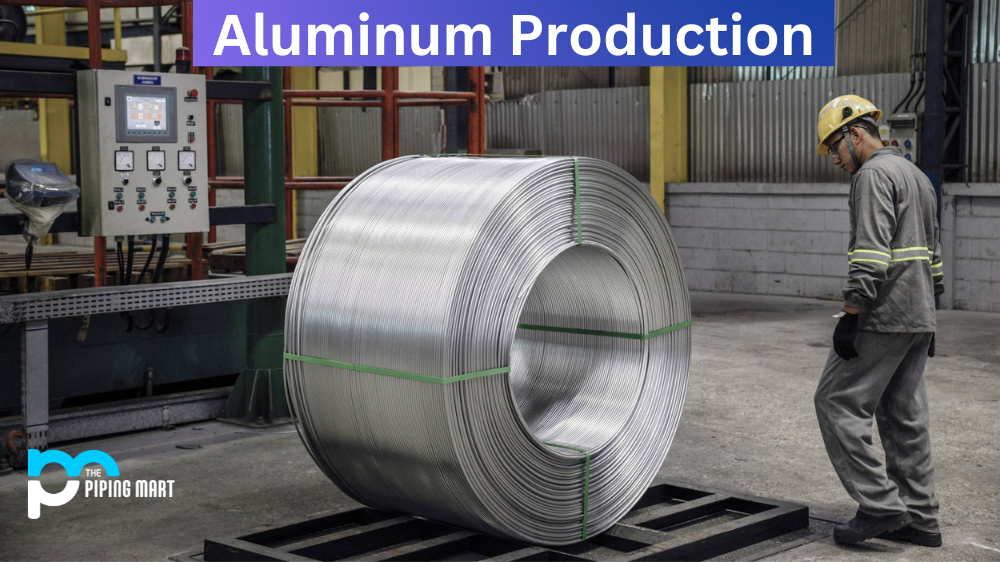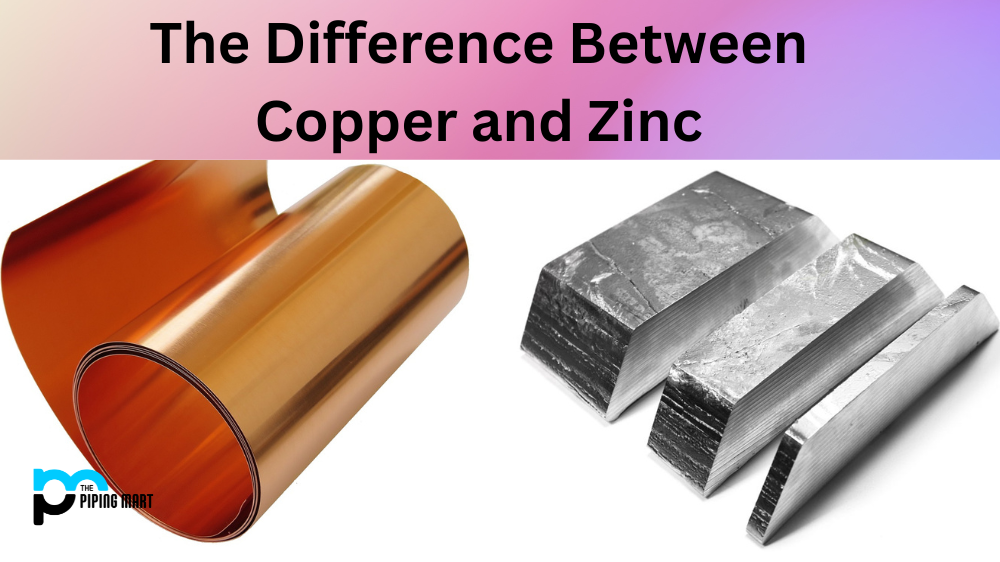When choosing the right type of polymer for your project, there are a few major options. Two popular choices are aluminum polymer and tantalum polymer. Both have distinct advantages and disadvantages, so let’s examine how they compare.
Aluminum Polymer
Aluminum polymers are known for their excellent electrical conductivity. They can also provide reasonable protection against corrosion, making them ideal for applications in wet or humid environments. As a bonus, they’re fairly lightweight, making them easier to handle than other polymers. On the downside, aluminum polymers tend to be more expensive than different types of polymers and can be difficult to work with due to their fragile nature.
Tantalum Polymer
Tantalum polymers offer several advantages over aluminum polymers. They’re much more durable and resilient, making them better suited for applications that require high strength and wear resistance. Additionally, they are less expensive than aluminum polymers, so if cost is a concern, this is the better option. The downside is that tantalum polymers don’t offer as much electrical conductivity as aluminum polymers do.
Difference Between Aluminum polymer and Tantalum polymer
Chemistry
Aluminum polymer and tantalum polymer capacitors are both made of inorganic materials. Aluminum polymer capacitors use an aluminum oxide dielectric, while tantalum polymer capacitors use a tantalum oxide dielectric.
Construction
Aluminum polymer and tantalum polymer capacitors also differ in their construction. Aluminum polymer capacitors have a three-layer construction, with the aluminum oxide dielectric sandwiched between two layers of aluminum. Tantalum polymer capacitors have a two-layer construction, with the tantalum oxide dielectric sandwiched between two tantalum layers.
Capacitance
Aluminum polymer and tantalum polymer capacitors also differ in their capacitance. Aluminum polymer capacitors have a higher capacitance than tantalum polymer capacitors. This means aluminum polymer capacitors can store more charge than tantalum polymer capacitors.
Voltage Rating
Aluminum polymer and tantalum polymer capacitors also differ in their voltage rating. Aluminum polymer capacitors have a higher voltage rating than tantalum polymer capacitors. This means aluminum polymers can handle higher voltages than tantalum polymers before breaking down.
Cost
Finally, aluminum polymers and tantalum polymers also differ in cost. Tantalum polymers are typically more expensive than aluminum polymers.
Conclusion:
When it comes down to it, both aluminum polymer and tantalum polymer have unique benefits that can make them suitable for different projects. If you need something strong and relatively inexpensive but don’t need good electrical conductivity, then tantalum polymer might be your best bet. But if you need something with good electrical properties, aluminum polymer might be the way to go — even if it comes at a higher cost. Ultimately it all comes down to your specific needs and which type of polymer will best meet those needs in terms of performance and price point.

Pipingmart is a B2B portal that specializes in metal, industrial and piping items. Additionally, we share the latest information and information about materials, products and various types of grades to assist businesses that are involved in this business.




